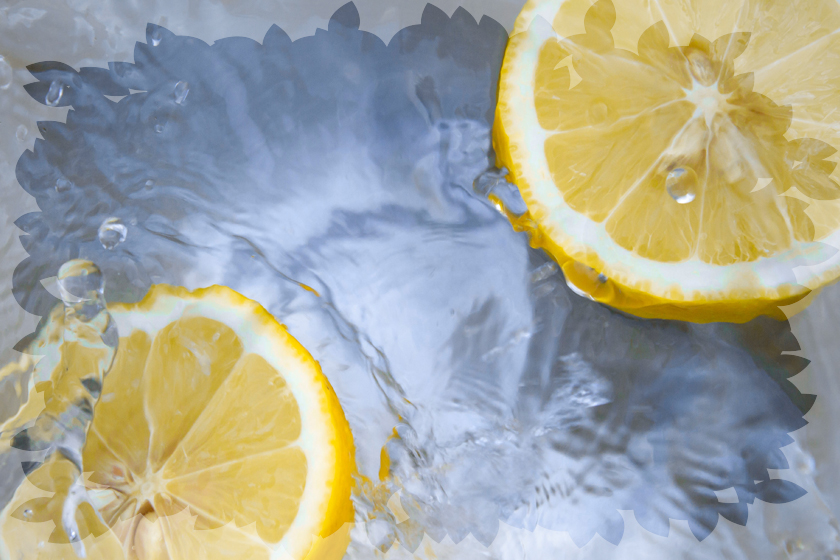Until I started selling sorbets, I had no idea that they were anything other than delicious refreshing summer desserts, perfect for cooling down on a hot day. After a customer mentioned the fact that sorbets were also palate cleansers, I started including this in my pitch even though I had never come across it in my experience as a diner. However, when I came across a reference to eating your sorbet with a knife and fork when having it as a palate cleanser, I decided to I needed to know a bit more.
delicious refreshing summer desserts, perfect for cooling down on a hot day.
A palate cleanser cleanses the taste palate in between different courses of meals, so that you can clearly distinguish the taste of different food. It is neutral tasting, made with simple ingredients that don’t over power, that cleanse the taste palate in between two meal items. This means that you are ready to taste the next course of the meal with a brand new freshness.
While this may sound a bit strange, it does makes sense that cleansing your palate after strong foods will help us enjoy the more subtle flavours of what we eat afterwards. After all some people turn down free taster offerings because they’ve just brushed their teeth or had a coffee, so anything they taste will be affected.
Anything we put into our mouth stimulates our taste buds, and sometimes the taste of one thing can have a considerable effect on the next. So a palate cleanser is like a reset button for our taste buds. It can be any small serving of food or drink intended to clear our mouth’s memory of the flavours of one course before proceeding to the next.

Used the world over…
Sorbet is the most frequently used palate cleanser and the one most adapted worldwide. For a number of reasons, traditionally lemon sorbet is most often used. Its citric acid is mild, lightly scrubbing the mouth of residual tastes and is especially good at neutralising the flavours of fatty foods such as meat and dairy.
Also, as a sorbet is mostly water, the so-called universal solvent, this literally helps wash away lingering flavours. Finally sorbet is served cold, or at least chilled, providing a nice contrast to the dishes before and after, which are typically served hot, or at least warm. The difference in temperature helps your taste buds wake up for the next course.
For a sorbet to act as a good palate cleanser, it should be sharp in flavour, not sweet, as it is the combination of the cold, crisp and sharp flavour which works so well on any grease or strong tastes. Sugary flavours are generally too strong and last too long to make good palate cleansers.
For a sorbet to act as a good palate cleanser, it should be sharp in flavour, not sweet, as it is the combination of the cold, crisp and sharp flavour which works so well on any grease or strong tastes.
Celery sticks, tart fresh apple slices, sprigs of parsley, plain crackers and mild tea can also be used as palate cleansers.
Interestingly, we’ve all been using the ultimate palate cleanser without being consciously aware of this – the ubiquitous glass of water with or without lemon. More than just quenching our thirst, this clears our taste buds for what’s coming next.
The final word must go to the “trou normand (Normandy hole) which is the sorbet (with alcohol) served in the middle of the meal to clean the greases you have already eaten and ready your stomach for the next intake of food.
Top photo by Tirza van Dijk middle photo by Edgar Castrejon both on the wonderful Unsplash


Add Comment